theteam@theeducationhub.org.nz
Postal Address
The Education Hub
110 Carlton Gore Road,
Newmarket,
Auckland 1023
Parent partnership practices that increase family involvement in early childhood education are related to a range of positive outcomes for children’s learning and development.

A set of useful questions to help you notice and understand the beliefs, values and practices of diverse families.
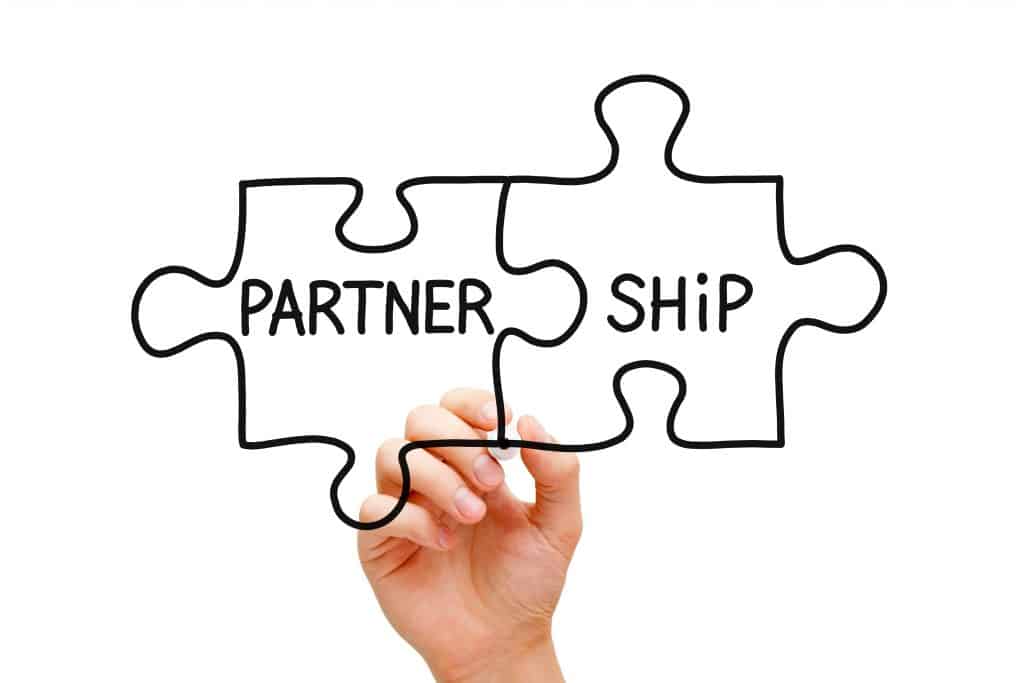
A taxonomy to help you reflect on partnership practice at your ECE setting.
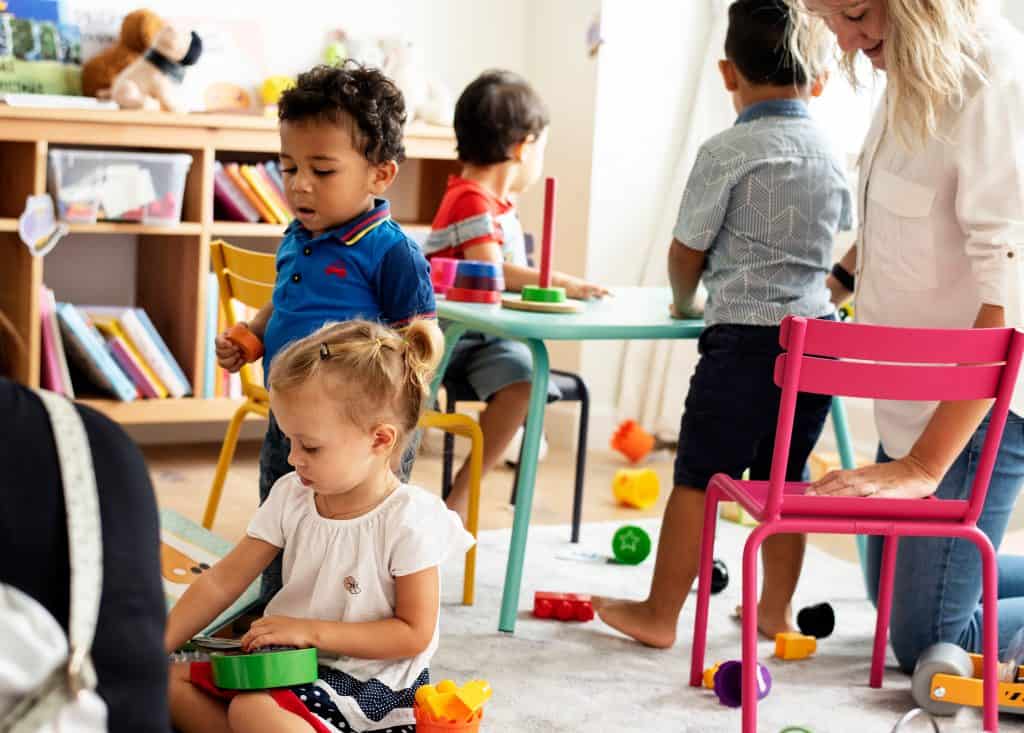
Ideas and strategies to help you troubleshoot your partnership practice.
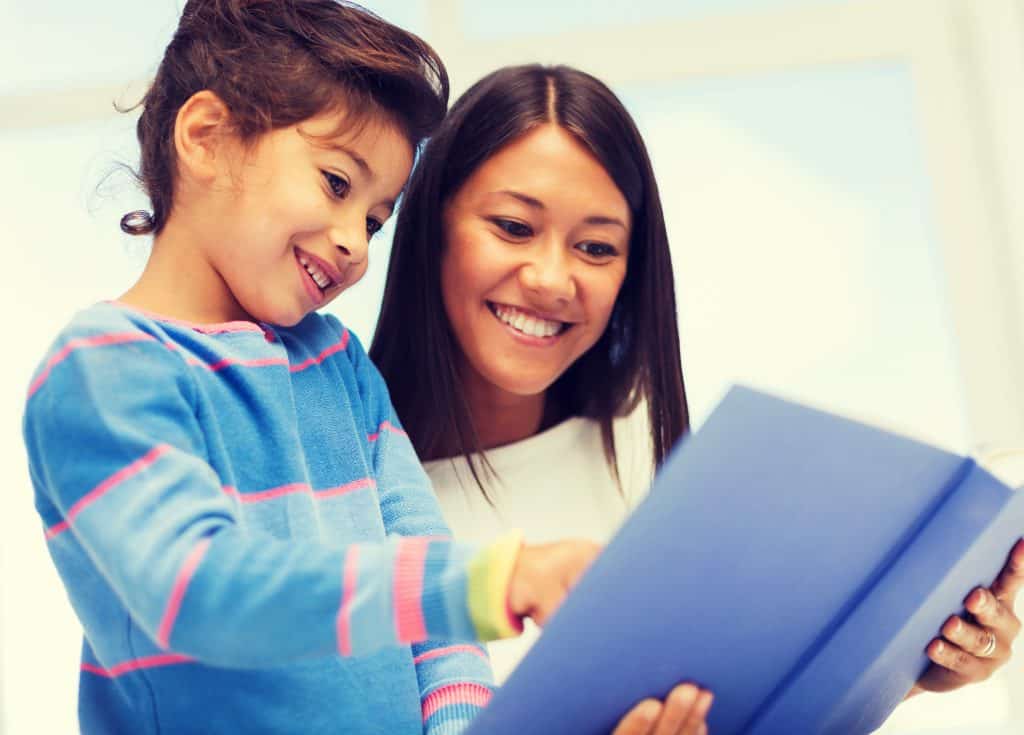
A set of practical strategies that can be used to develop partnerships with parents and whanau in ECE.
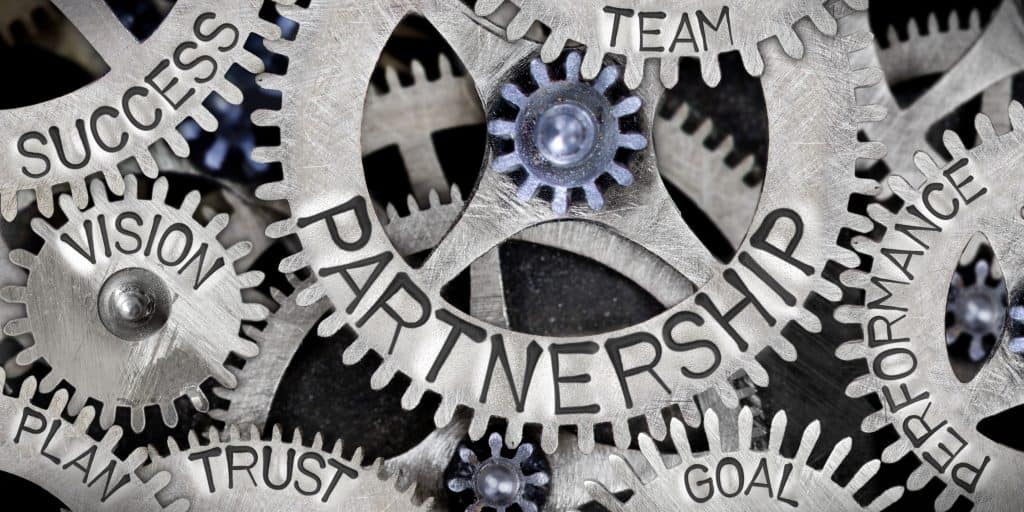
Four key principles from the research on building parent partnership in ECE.
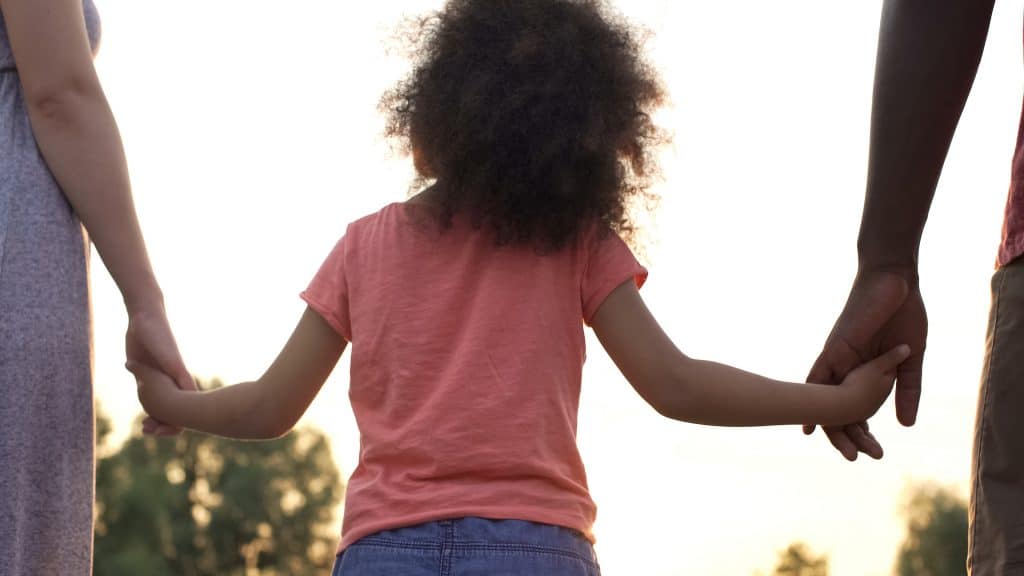
A brief overview of the research on parent partnership in ECE.
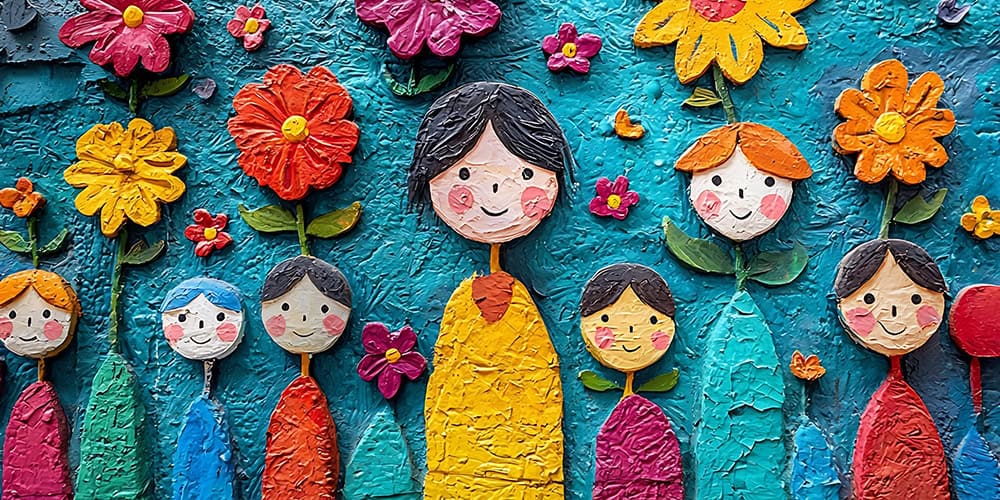
Associate Professor Sonja Arndt and Professor Kylie Smith explore how early childhood settings can support children and families with a range of identities

Angel Chan and Jenny Ritchie in conversation with Vicki Hargraves about understanding and responding to superdiversity in early childhood settings.

Key insights from a webinar with Professor Kylie Smith and Associate Professor Sonja Arndt from The University of Melbourne.

Key insights from the webinar with Jenny Ritchie and Angel Chan on supporting and working with families from a range of cultural backgrounds in early childhood settings.